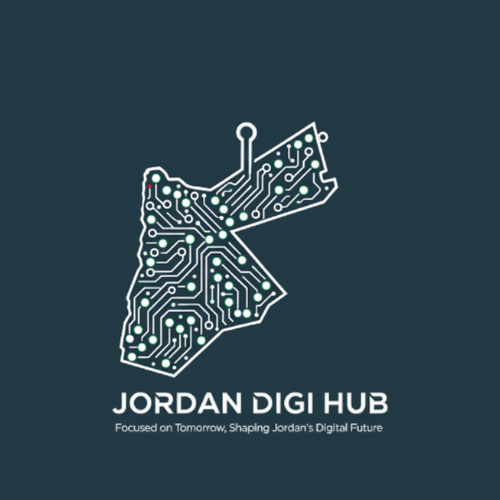Admin by
JDH
August 5, 2025
The race to develop and deploy generative AI is accelerating at an unprecedented pace. Companies and research institutions around the world are competing to harness the power of AI models capable of creating content, solving complex problems, and automating tasks that once required human creativity. From text and images to music and code, generative AI is transforming industries and redefining what machines can achieve.
Organizations that can quickly develop high-performing generative AI solutions stand to gain a significant competitive edge:
What is Generative AI?
Generative AI refers to algorithms that can produce new content from existing data. Unlike traditional AI, which analyzes or classifies information, generative AI creates—crafting text, designing images, composing music, or even writing software. This technology is already influencing multiple sectors, including marketing, design, entertainment, and software development.Why the Race is On
The rapid advancements in AI research and computing power have shortened the path from concept to deployment.Organizations that can quickly develop high-performing generative AI solutions stand to gain a significant competitive edge:
- Faster content creation across industries, reducing time and cost
- Enhanced creativity through AI-assisted design and ideation
- Improved efficiency in software development and data processing
- New business models enabled by AI-generated products and services

Applications Across Industries
Generative AI has broad applications that are already transforming sectors:- Marketing & Media: Automated content generation, personalized campaigns, and creative storytelling
- Software Development: Code generation, testing, and debugging assistance
- Design & Arts: AI-assisted visual arts, music composition, and fashion design
- Healthcare & Research: Generating predictive models, simulating molecular structures, and drug discovery
Challenges and Considerations
Despite its promise, generative AI comes with challenges:- Ethical concerns, including deepfakes and misinformation
- Bias in AI models, which can reflect societal inequalities
- Intellectual property and copyright issues
- Ensuring responsible use and regulatory compliance
- Addressing these challenges is critical for sustainable adoption and to avoid unintended consequences as AI becomes more capable and autonomous.



